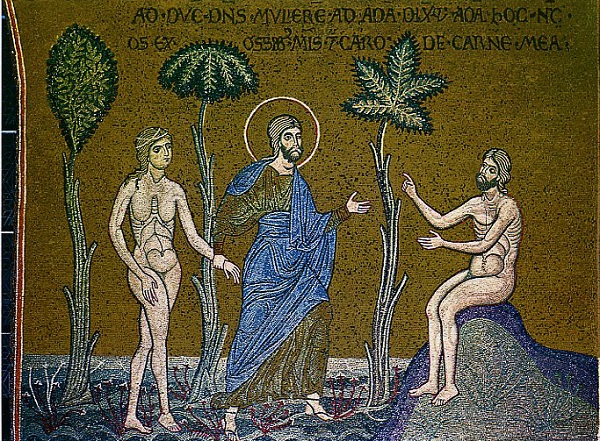In the Likeness of God (Luke 6, 31-36)
21 October 2023‘Therefore become merciful, as your Father is merciful’.
If we read the literature of the ancient Greek sages and, indeed, that of wise people from all over the world, we see that, in their efforts to define what is just, proper, legitimate and good, they have written screeds, and have constructed long-winded dialogues and tracts. They have, on occasion, succeeded in saying and writing important things, though they’ve also, often enough, managed to confuse people thoroughly. Instead of enlightening people, much of what the sages wrote cast them further into the darkness.
On the other hand, when the most holy Word of God came to earth and assumed our flesh, he brought back to the surface the innate law of human beings, making our own will the cause of the good and the bad, of the legal and the illegal, of the just and the unjust. In other words, he told us all we need to know: ‘And as you wish that people would do to you, do so to them’ (Luke 6, 31); and ‘Therefore become merciful, as your Father is merciful’ (ibid. 36). Let us make a few observations on these words of the Lord.

People are like God
A great ascetic of our Church, Saint Neilos, makes the following observation: Just as children have features in common with their parents, that is similarities in facial and bodily characteristics which allow us to recognize that a person is the offspring of particular parents, the same is true of their patterns of behavior. From their words and deeds we realize that students share the same teacher. The same is true, and even more so, with the disciples of Christ, that is, the Christians. Faithful Christians are disciples of the eternal Father: ‘those who do the will of my Father in heaven are brother, sister and mother to me’ (Matth. 12, 50). And elsewhere he says: ‘… do not be anxious about your soul, what you shall eat… your heavenly Father knows that you need all of these’ (ibid. 6, 25; 32). Given that we’re his children, our heavenly Father will take care of us. We’re related to God and enjoy familiarity with him. He’s our Father and we’re his children. Through the Gospel, the Lord shows us the pointers for us to become his children, provided, of course, we want to: ‘Learn from me that I am meek and humble in heart’ (Matth. 11, 29). Since the Lord is meek and humble, his children should be like that, too. ‘You will therefore be perfect, as your Father in heaven is perfect’ (ibid. 5, 48). Or as he tells us in today’s Gospel reading, we should become merciful, because God is.
In what things can we imitate God?
Saint John Chrysostom observes that we aren’t called upon by God to imitate his all-powerfulness, wisdom and miracles, but his love, goodness and mercy. God is entirely merciful and charitable and, depending on what strength we have, i.e. ‘commensurately’, we, his images, can imitate him in love for our neighbor. We can forgive our enemies and those who’ve done us harm. Our kinship to God is revealed in such instances. We can also imitate God in being merciful. According to the Fathers, God is the source of grace, love and wisdom: ‘he gives everything without fear or favor’. For us, this translates as: All people, without exception, are capable of becoming like God as regards his love and mercy.
Sin is an impediment between God and us
Sin does us great harm. On the one hand, our love for our self magnifies it; but, on the other, love for God and our neighbor reduces it. As sinners, we’ve ended up being misanthropic. The message centered on love for our enemies is considered naive. In the view of many people, love is a condition you find in humble people. If we show love for others, we risk being thought of as simple-minded and of no consequence. People can’t understand they might progress in life through goodness and mercy. Those who have reached the point of praying for their enemies have scaled the peak of the virtues. Saint Mark the Ascetic says: ‘The forgiveness of wrongs is genuine evidence of love’.
My brothers and sisters,
Instead of trying to get our own way through the power of authority and weaponry, let us rather cultivate love for our neighbor, so that we’ll grow in the likeness of God and inherit his kingdom, which is a community of love.






